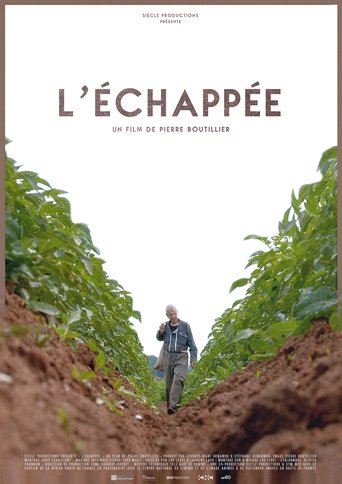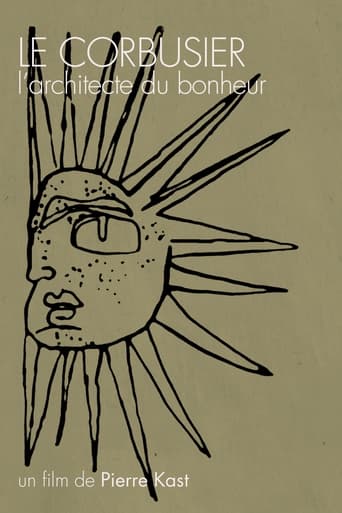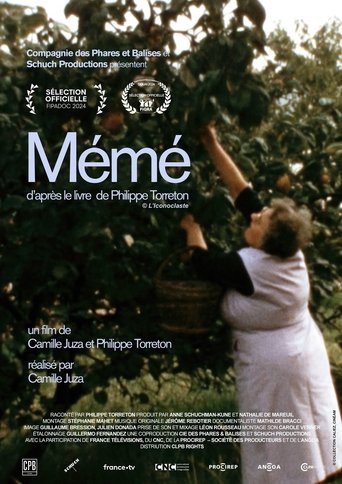31 Dec 1950
Žně míru
Documentary about the harvest of 1950 conceived as a celebration of the joint work of Czechoslovak cooperatives.
31 Dec 1950
Documentary about the harvest of 1950 conceived as a celebration of the joint work of Czechoslovak cooperatives.
31 Dec 1950
A slide about new agricultural machinery. He demonstrates the latest type of beet harvester, harrow, seeding and planting machine.
01 Jan 1952
No overview found
01 Jan 1952
No overview found
01 Jan 1952
No overview found

26 Aug 2017

No overview found
01 Jan 1954
No overview found
01 Jan 1951
No overview found
01 Jan 1951
No overview found
01 Jan 1952
No overview found

01 Jan 2021

No overview found
01 Jan 1949
No overview found
01 Jan 1951
No overview found
01 Jan 1951
No overview found
31 Dec 1950
A picture promoting collective farming and the use of tractors in agriculture. It introduces the work of the state tractor station in Chlumec - from the development of a uniform deployment plan to the departure of tractor drivers for specified tasks.

31 Dec 1957

Documentary devoted to the architectural and urban planning designs of Le Corbusier. The architect supports his in-depth reflection on the city and its necessary adaptation to modern life with plans, drawings and images, particularly Paris, whose revolutionary development dreamed of by Le Corbusier is exhibited here. Its first projects will remain at the stage of a model: the modernization plan for the city of Algiers. Some will be created by other architects: Ministry of Education in Rio de Janeiro, UN Palace in New York. From the post-war period in less than 10 years, Le Corbusier created large housing units in Marseille, Nantes, a chapel in Ronchamps, a factory in Saint-Dié, a town in Chandigarh in India. Through diagrams, the architect presents his theory of the "radiant city", the mathematical key modulor of his work as well as his project for reorganizing the countryside, industrial and urban cities into a grouping around a cooperative system.

23 Oct 2023

No overview found

01 Jan 1967

This short documentary film is a fascinating portrait of urban and rural Quebec in the late 1960s, as the province entered modernity. The collective work produced for the Quebec Ministry of Industry and Commerce calls on several major Quebec figures.

21 Sep 2017

Milk is Big Business. Behind the innocent appearances of the white stuff lies a multi-billion euro industry, which perhaps isn't so innocent…
01 Jan 1954
No overview found